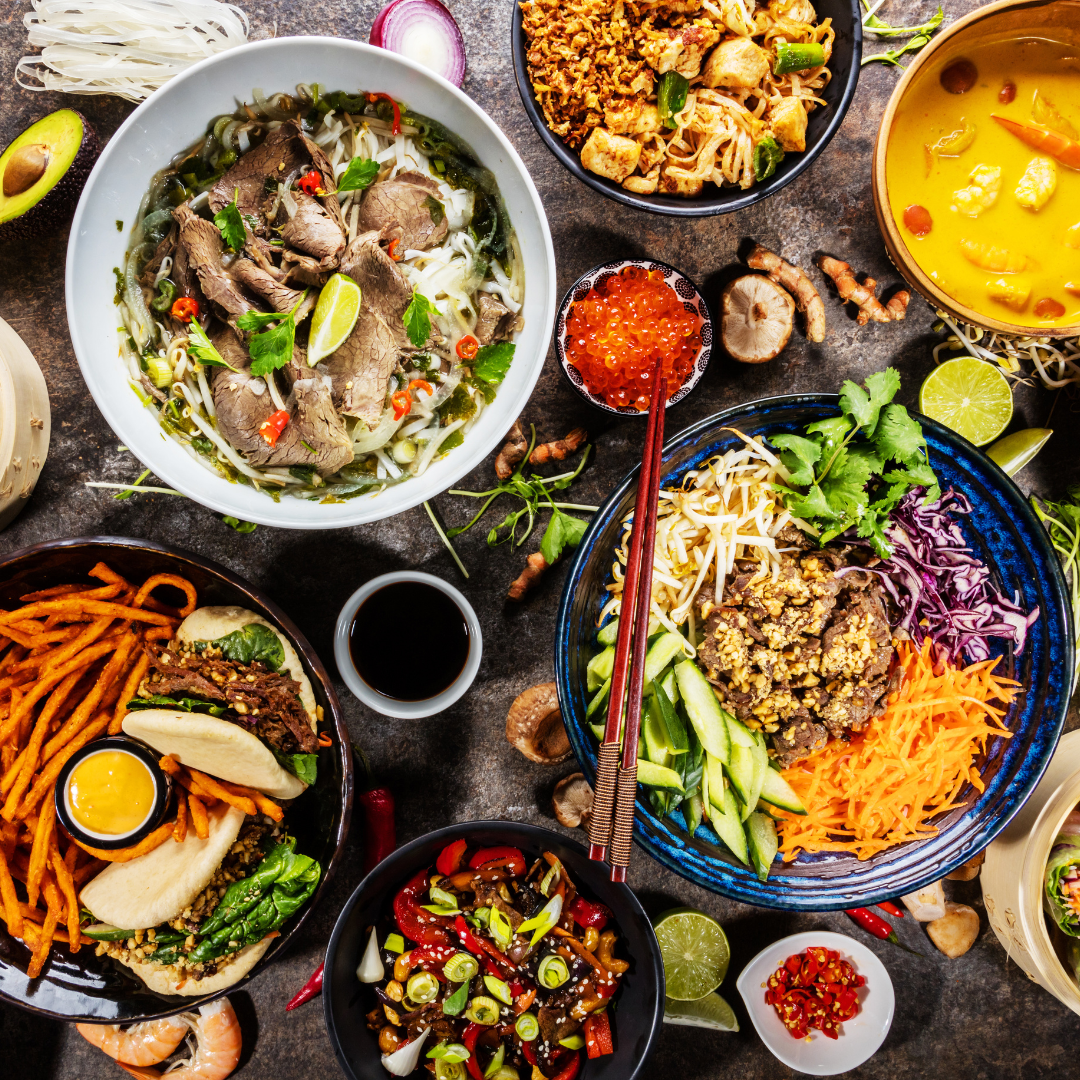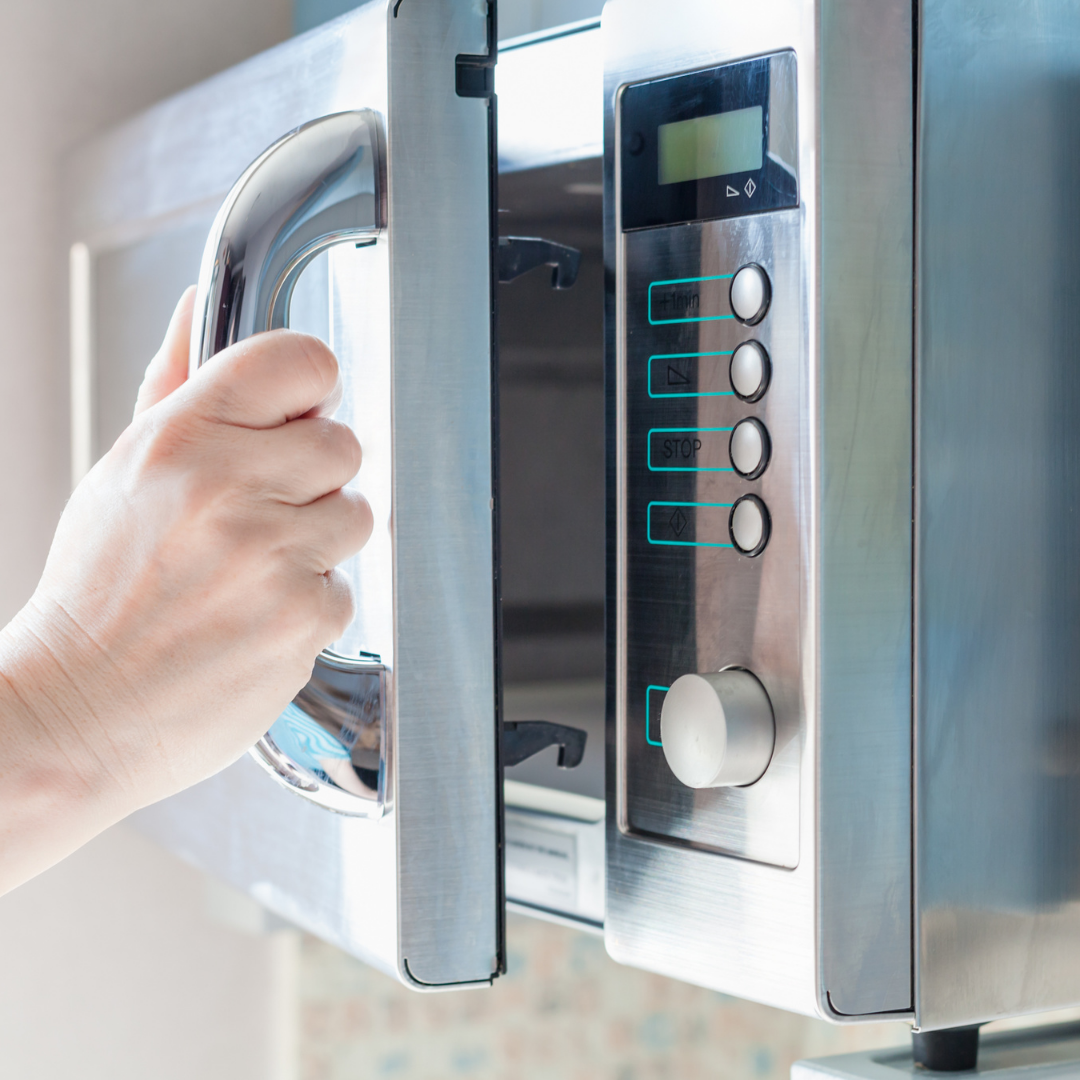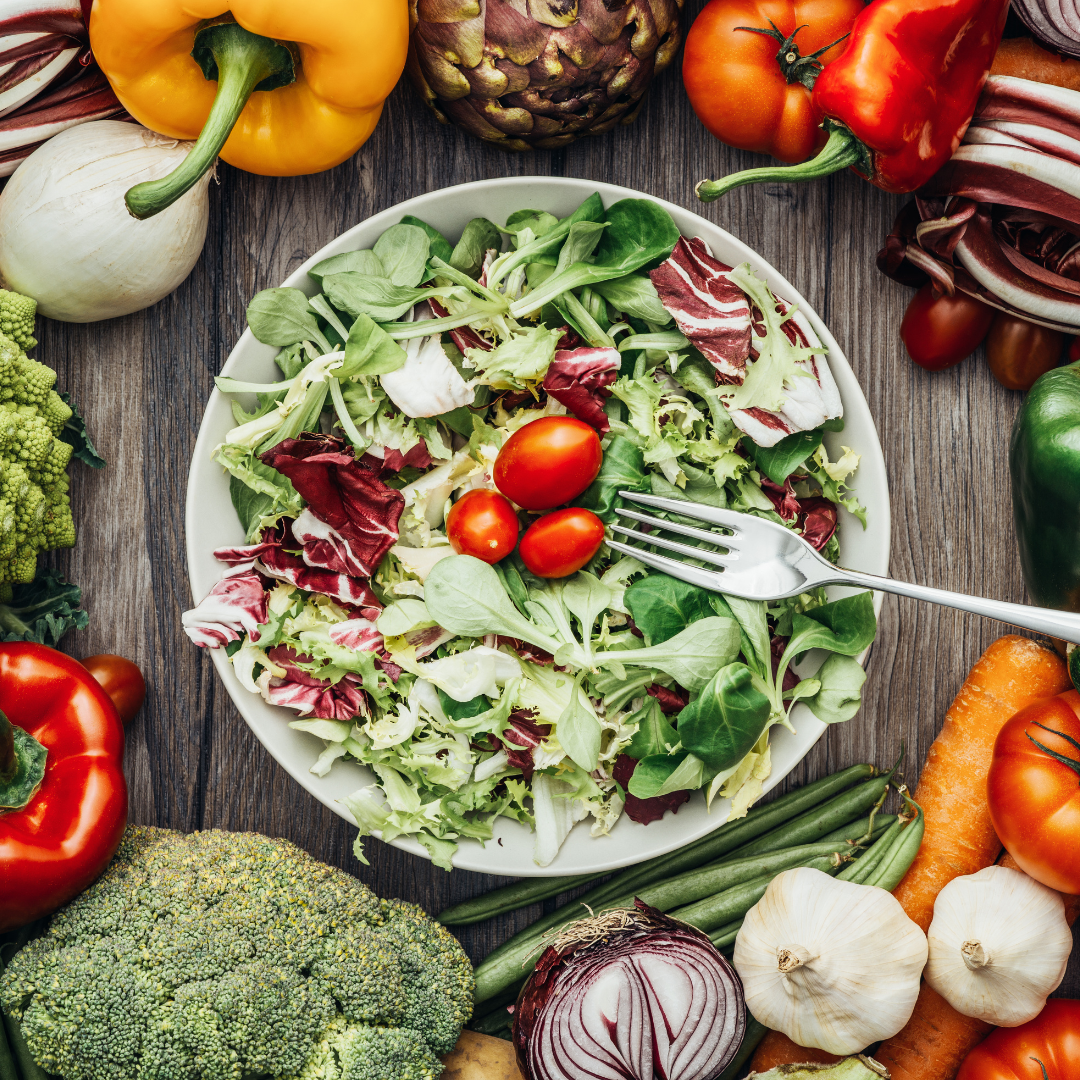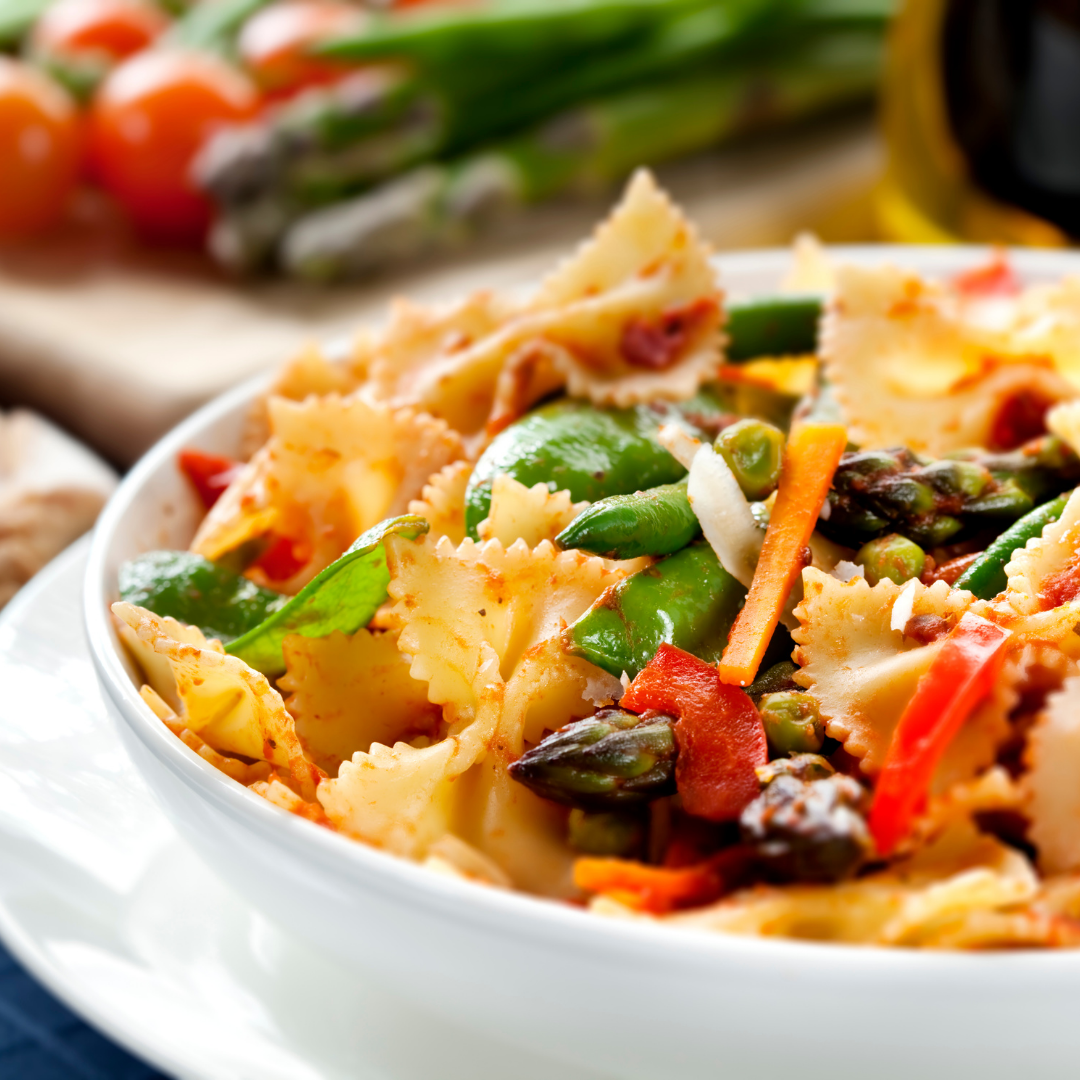It is often said that you are what you eat, and this statement rings true for individuals and businesses alike. Whether it’s an eatery, a caterer, or a restaurant, food hygiene is paramount to ensure the safety of those who consume food from these outlets. But why is food hygiene so important?
In this blog post, we will explore all things related to food hygiene, including its importance in businesses, as well as how to maintain high standards of safety in the hospitality industry. Read on to learn more about why food hygiene is essential for any business involved in the preparation and/or serving of food.
What is Food Hygiene?
Food hygiene includes all of the procedures and practices that you need to follow to prepare, store, and serve food in a safe and clean environment. It is very important to practice good food hygiene because it helps to prevent food-borne illnesses. There are a few key things that you can do to practice good food hygiene:
- Wash your hands thoroughly with soap and water before handling any food.
- Keep all preparation areas clean, including countertops, cutting boards, knives, and other utensils.
- Regularly clean and sanitize all food contact surfaces.
- Wash fruits and vegetables thoroughly before eating them.
- Cook meat, poultry, and seafood properly to ensure that they are cooked all the way through.
- Avoid cross-contamination by keeping raw meat, poultry, and seafood separate from other foods.
- Store food at the proper temperature to prevent bacteria from growing, especially containers for flour.
- Use safe water and raw materials when preparing food.
The Different Types of Food-borne Illnesses
There are four main types of food-borne illness: bacterial, viral, parasitic, and infectious. Each type is caused by a different type of pathogen.
1.) Bacterial food-borne illnesses are the most common type of food-borne illness. They are caused by bacteria that contaminate food. The bacteria can enter the food through contaminated water or soil, or they can be present on the surface of the food itself. Once the bacteria are in the food, they can multiply and cause illness.
2.) Viral food-borne illnesses are caused by viruses that contaminate food. Viruses can enter the food through contaminated water or soil, or they can be present on the surface of the food itself. Once the viruses are in the food, they can multiply and cause illness.
3.) Parasitic foodborne illnesses are caused by parasites that contaminate food. Parasites can enter the food through contaminated water or soil, or they can be present on the surface of the food itself. Once the parasites are in the food, they can multiply and cause illness.
4.) Toxic infections occur when people eat poisonous plants or animals. These infections can also be caused by chemicals that contaminate food.
The Importance of Food Hygiene
Food hygiene is extremely important in preventing the spread of food-borne illness. contaminated food can cause serious illness and even death. There are many different ways to contaminate food, including through contact with contaminated surfaces, utensils, or hands; through contact with contaminated food; or contact with vomit or feces.
To prevent the spread of food-borne illness, it is important to practice good food hygiene. This means washing your hands often, especially before and after handling food; cleaning and sanitizing all surfaces and utensils that come into contact with food; cooking food properly; and storing food safely.
Food Safety Tips
Food safety is one of the most important aspects of maintaining a healthy lifestyle. It is essential to practice safe food handling and preparation techniques to avoid food-borne illness. The following tips will help you keep your food safe:
Food safety is paramount for maintaining a healthy lifestyle, and practicing safe food handling and preparation techniques is essential to avoid food-borne illness. Here are some tips to help keep your food safe: First, always wash your hands thoroughly with soap and water before handling food.
Additionally, keep raw meat, poultry, and seafood separate from other foods to prevent cross-contamination. Ensure that meat, poultry, and seafood are cooked to the proper temperature to kill harmful bacteria. Use separate cutting boards for raw and cooked foods to further avoid cross-contamination.
After preparing food, clean all utensils, cutting boards, and countertops to prevent the spread of bacteria. Lastly, remember to regularly sanitize your dishwasher to prevent bacteria buildup. Furthermore, ensure that you are regularly inspecting your drainage systems, if your drainage systems become clogged, it can pose a risk to food safety by potentially causing backups or leaks that can contaminate your kitchen environment.
You could look online using phrases such as “drainage contractors near me” if you need assistance with maintenance or repairs. It’s crucial to address any drainage issues promptly to maintain a clean and hygienic kitchen environment, thus ensuring the safety of your food preparation area and reducing the risk of food-borne illnesses.
And, it’s not just about keeping your drains clean and unclogged. It’s equally important to pay attention to the sewer line of your building or house, which is often overlooked. Sewer lines are connected to wastewater treatment systems. And, if these lines aren’t properly maintained, untreated sewage could seep into water sources and contaminate your drinking water.
That’s why it’s important to regularly maintain your sewer system to keep your house’s sewer lines clear of debris and leaks. You might consider scheduling a denver sewer inspection, or wherever you are, once in a while by calling in professionals. This way, you can plan the maintenance and cleaning as needed, thus ensuring your sewer system stays in top shape.
Remember, these simple practices can significantly reduce the risk of food-related illnesses and help keep you and your family safe.
As we have discussed, food hygiene is essential in preventing the spread of illnesses and diseases. Good food hygiene practices are necessary to ensure that all foods are safe for consumption.
From washing hands before handling any kind of food to making sure all surfaces used to prepare meals are clean and sanitized, following basic rules of food hygiene can help keep everyone who eats safe from illness or infection. Taking these precautions will also allow us all to enjoy our delicious meals without worrying about getting sick!




